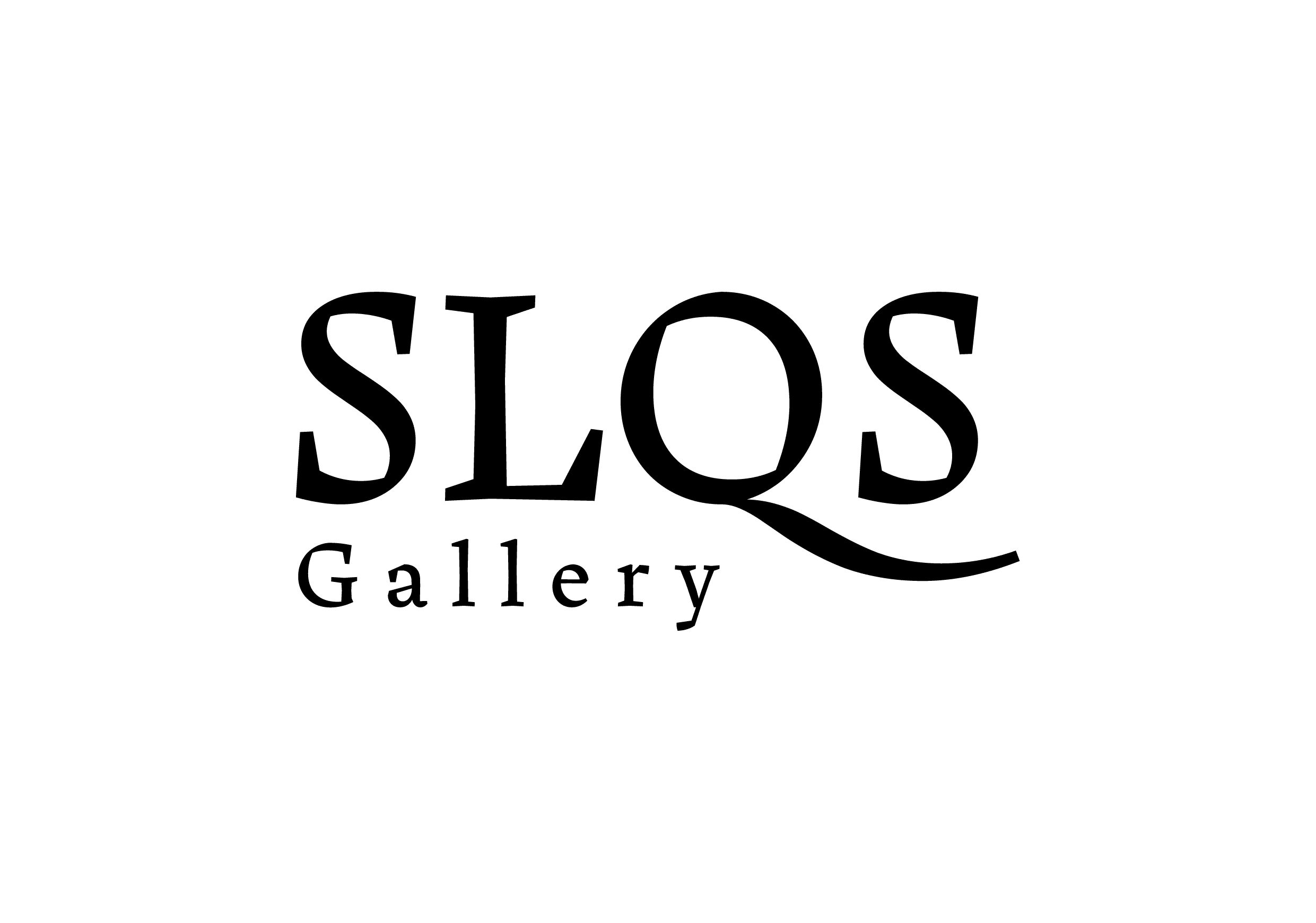Rhona Eve Clews
Single-Channel HD Video
8 mins 5 secs
Screening 8-31 August 2024
-
-
Relation de Voyage
Rhona Eve Clews: If I eat you, will we both still be OK? (Plant)If I eat you, will we both still be OK? (Plant) blends autobiographical encounters with more factual natural histories, encountering puffballs, belonging, intimacy and embodiment, through a spoken poetic text exploring relations between human, plant and fungi kingdoms.
In the making, the artist crawled on her belly across a field in Cornwall with a macro lens to reduce the distance between her head and the earth. Taking her body on a feeling-led journey collapsed the default hierarchies that come with being human and upright and thrust her into worlds beyond her own.By foregrounding 'plant' as an element - rather than merely a backdrop to human activity - the work aims to subvert the traditional male gaze of natural history into an expanded, somatic, eco-feminist practice led by feeling, equality, sensuality and mutuality. -
We were all close by Gudrun Filipska
In response to 'If I eat you, will we both still be OK? (Plant)' by Rhona Eve Clews'this new molecular relationship made distance and intimacy words that tangled. or to say it another way. we were all close.
beyond close.
not knowing where one person ended and another began was no longer love-song advertising or evidence of codependency.
it was a real issue.'
Gumbs, 2018, p17
Crawling on her belly across a field in Cornwall, Rhona Eve Clews pulls us into accompanying her on a journey to know plants, to get so close we’re intimate. We’re plunged into peering through a microscopic lens, as grasses part, and petals of Buttercup and Dandelion press into the camera. This intimate footage is set against a soundtrack of the camera moving against the plant matter, field recordings and poetic reminiscences.
On puffballs, Clews admits she can't remember if she had the interest before being given a book about mushrooms, or after, and it is this exploration of her desire to intimately-know, that leads the work. Was she interested before she got up close, or did intimacy breed interest? Either way this is a film about love really. Clews describes a child's attention, 'close to the ground, scanning the earth', evoking a love of things that are not quite lost, and those that already are, wrapped in dormant-spored-nostalgia. Clews recalls faces pushed into flowers, items gathered for her nature table, mushrooms squashed into carpets, gobbled up with garlic. Her collector's sensibility paves the way for love and loss, as she exposes us to the both otherwise unseen intricacies of plant matter and autobiographical childhood experiences.
Clews shot the footage on an artist residency in Lizard point in Cornwall, where she ‘got to know’ a field by crawling across it looking through a microscopic lens. What we see here is very different from a scientific gaze or the gaze of a botanist; this particular mode of mobile-visioning is co-created between the plants and the artist's body. The detached scientific closeness that an audience may have come to expect from observational imagery such as Robert Hooke's, Micrographia (1665) is challenged by a view that is constantly changing. Clews' body, crawls, presses and drags itself across the verdant matter, the camera lens picking up a shifting intimate view of the field's living contents; flowers, bugs, and drops of dew merge into each other as the camera pushes forcefully in, petals part, stamens compress to the point of snapping, before our vision is frustrated as the image blurs with too-closeness.
Later, Clews frames plants as political, foregrounding how plants were made complicit with colonialism. The text ranges from Chelsea Physic Garden to the ancient art of herbalism and esoteric knowledge. Plants are acknowledged as everyday companions, the footage of indoor plants interweaving with the Cornish field, revealing often overlooked domestic foliage as evocative, mysterious.
Plants are psychic, she notes in the last chapter of the film, connecting us into other realms too, affecting humans through their homeopathic properties, crossing the blood brain barrier through consumption of Psilocybin mushrooms and Ayahuasca. We are reminded that humans are not a privileged species but a constituent of many complicated connectivities. The film's camerawork serves to deepen these interrelations; the slow, close-mobility employed by Clews inaugurates a transient agency between the human and non-human creating a temporal alliance between viewer, artist, plants and landscape. As an audience we journey and are moved across proximal and distant registers, from the immediate closeness of the plant-matter, back in time through autobiographical reflection.
Following Rhona’s intense investigation, sometimes laboured methodologies and attendant breathy soundtrack - the viewer is engaged with the artist's body. What could have simply been a close scientific gaze interpolates between that of her desire to re-conjure her experiential encounter and to represent the plants as subject themselves. The film can also be read as reference to surgical Larascopic images, the plants appearing at times like human-insides, creating a subjectivity that moves between plant and human and back again. This film represents the struggle between distance and intimacy in human-plant relations; the desire to respect plants as a separate 'element' as well as considering the mergings that happen as we consume them. In using herbs, tinctures, hallucinogens, inhaling spores on the breeze, or tucking-into a tasty puffball steak we become, to use Gumb's words, 'beyond close'.
References
Gumbs, Alexis Pauline After the End of the World , Duke University Press Durham and London, 2018.
Levinas, Emmanuel. Totality and Infinity. Martinis Nijhof Publishers, Leiden Netherlands, 1979.
Gudrun Filipska is an artist, writer and founder of (arts) Territory Exchange.
-
 Self portrait by the Artist
Self portrait by the Artist



